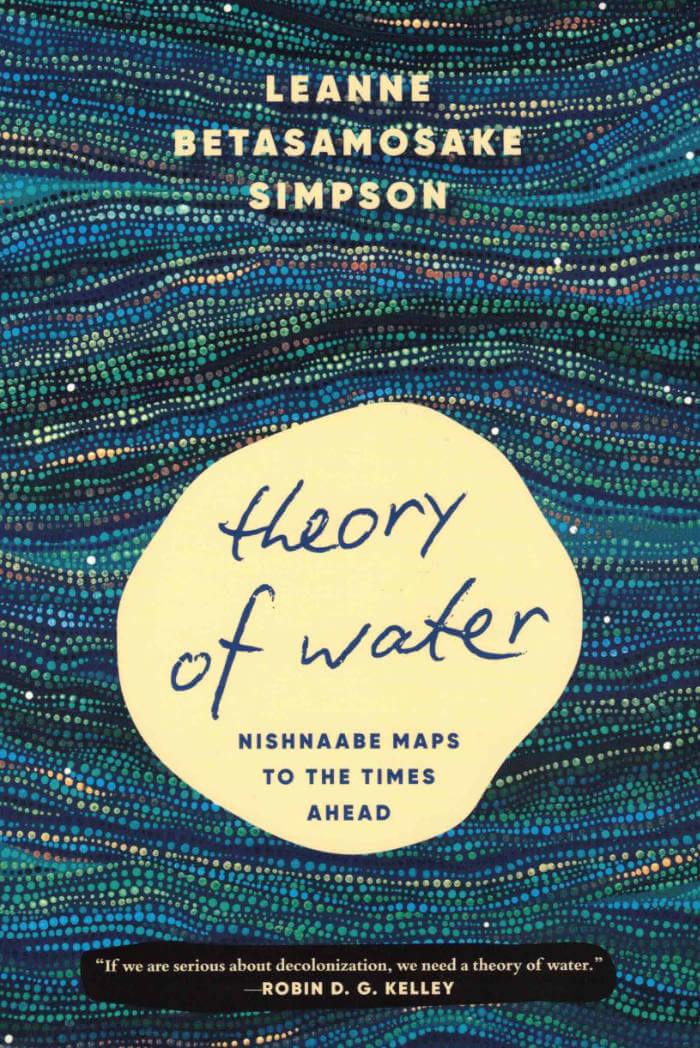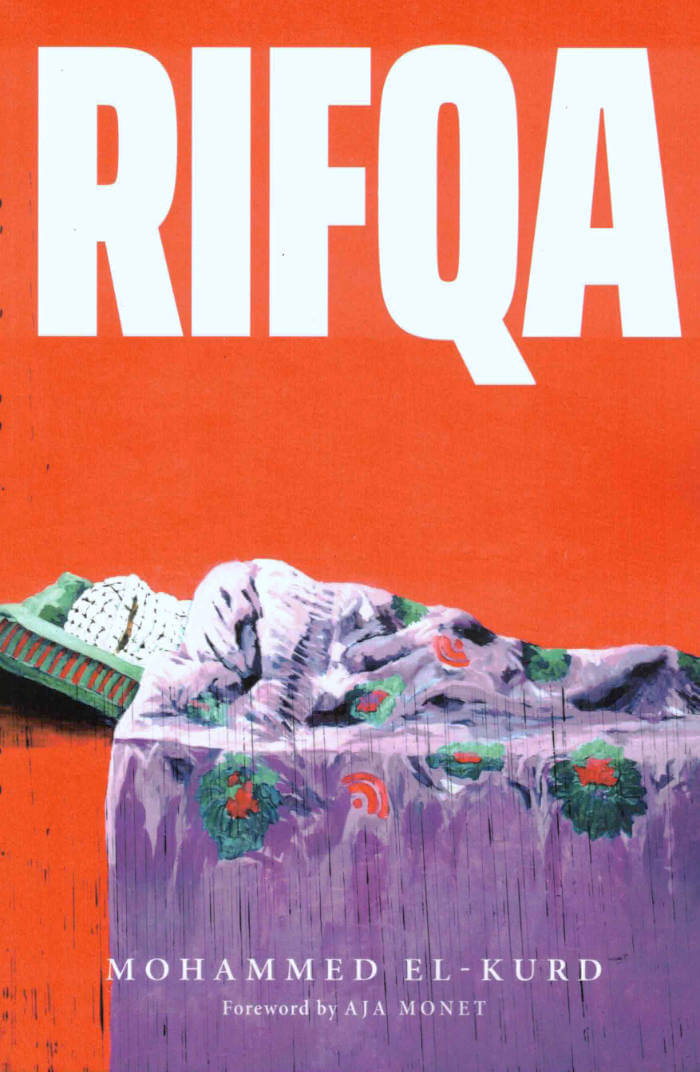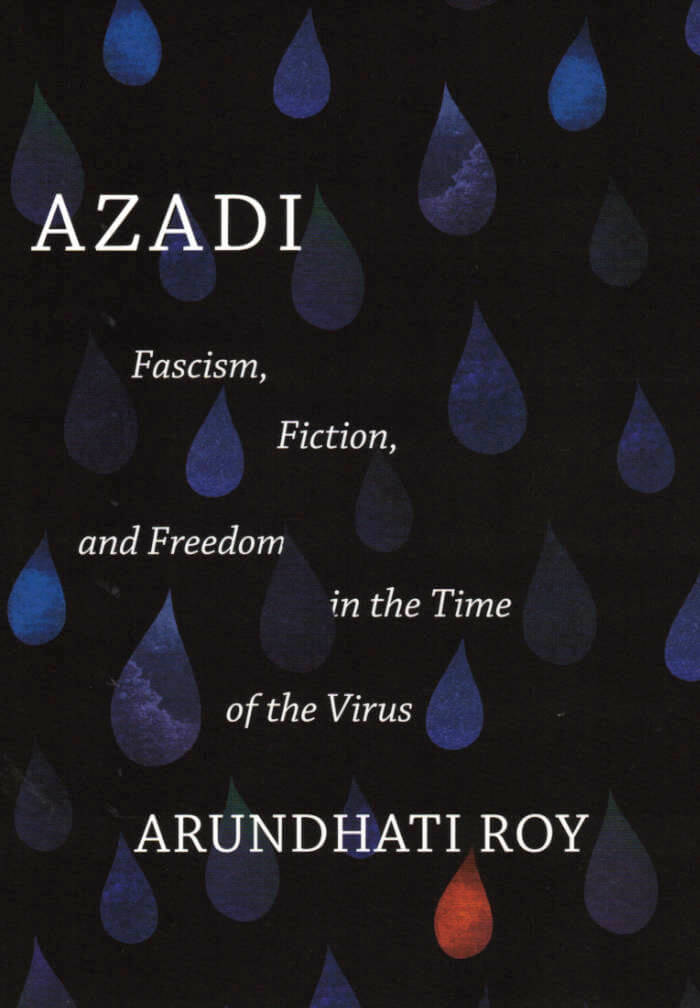Haymarket Books
Haymarket Books

Theory of Water
A genre-bending exploration of that most elemental force—water—through Indigenous storytelling, personal memory, and the work of influential artists and writers.
For many years, Leanne Betasamosake Simpson took solace in skiing—in all kinds of weather, on all kinds of snow across all kinds of terrain, often following the trail beside a beloved creek near her home. Recently, as she skied on this path against the backdrop of uncertainty, environmental devastation, rising authoritarianism and ongoing social injustice, her mind turned to the water in the creek and an elemental question: What might it mean to truly listen to water? To know water? To exist with and alongside water?
So began a quest to understand her people's historical, cultural, and ongoing interactions with water in all its forms (ice, snow, rain, perspiration, breath). Pulling together these threads, Leanne began to see how a "Theory of Water" might suggest a radical rethinking of relationships between beings and forces in the world today. In this inventive work, Simpson draws on Nishnaabeg origin stories while artfully weaving the work of influential writers and artists alongside her personal memories and experience—and in doing so, reimagines water as a catalyst for radical transformation, capable of birthing a new world.
Theory of Water is a resonant exploration of an intricate, multi-layered relationship with the most abundant element on our planet—one that, as Simpson eloquently shows, is shaping our present even as it demands a radical rethinking of how we might achieve a just future.

Perfect Victims: And the Politics of Appeal
Perfect Victims is an urgent affirmation of the Palestinian condition of resistance and refusal―an ode to the steadfastness of a nation.
Palestine is a microcosm of the on fire, stubborn, fragmented, dignified. While a settler colonial state continues to inflict devastating violence, fundamental truths are deliberately obscured—the perpetrators are coddled while the victims are blamed and placed on trial.
Why must Palestinians prove their humanity? And what are the implications of such an infuriatingly impossible task? With fearless prose and lyrical precision, Mohammed El-Kurd refuses a life spent in cross-examination. Rather than asking the oppressed to perform a perfect victimhood, El-Kurd asks friends and foes alike to look Palestinians in the eye, forgoing both deference and condemnation.
How we see Palestine reveals how we see each other; how we see everything else. Masterfully combining candid testimony, history, and reportage, Perfect Victims presents a powerfully simple dignity for the Palestinian.

Rifqa
Rifqa is Mohammed El-Kurd’s debut collection of poetry, written in the tradition of Ghassan Kanfani’s Palestinian Resistance Literature. The book narrates the author’s own experience of dispossession in Sheikh Jarrah—an infamous neighborhood in Jerusalem, Palestine, whose population of refugees continues to live on the brink of homelessness at the hands of the Israeli government and US-based settler organizations. The book, named after the author’s late grandmother who was forced to flee from Haifa upon the genocidal establishment of Israel, makes the observation that home takeovers and demolitions across historical Palestine are not reminiscent of 1948 Nakba, but are in fact a continuation of it: a legalized, ideologically-driven practice of ethnic cleansing.
Mohammed El-Kurd is a Palestinian writer and poet from Sheikh Jarrah in East Jerusalem. He was pursuing a Master's in the United States before returning to Sheikh Jarrah to protest the ethnic cleansing of his family. He has gained prominence for his description of Israeli occupation as apartheid and settler colonialism.

Azadi: Freedom. Fascism. Fiction.
The chant of 'Azadi!' — Urdu for 'Freedom!' — is the slogan of the freedom struggle in Kashmir against what Kashmiris see as the Indian Occupation. Ironically, it has also become the chant of millions on the streets of India against the project of Hindu nationalism. Just as Arundhati Roy began to ask what lay between these two calls for freedom — a chasm or a bridge? — the streets fell silent. Not only in India but all over the world.
The coronavirus brought with it another, more terrible understanding of azadi, making nonsense of international borders, incarcerating whole populations, and bringing the modern world to a halt like nothing else ever could.
In a series of essays, Arundhati Roy challenges us to reflect on the meaning of freedom in a world of growing authoritarianism